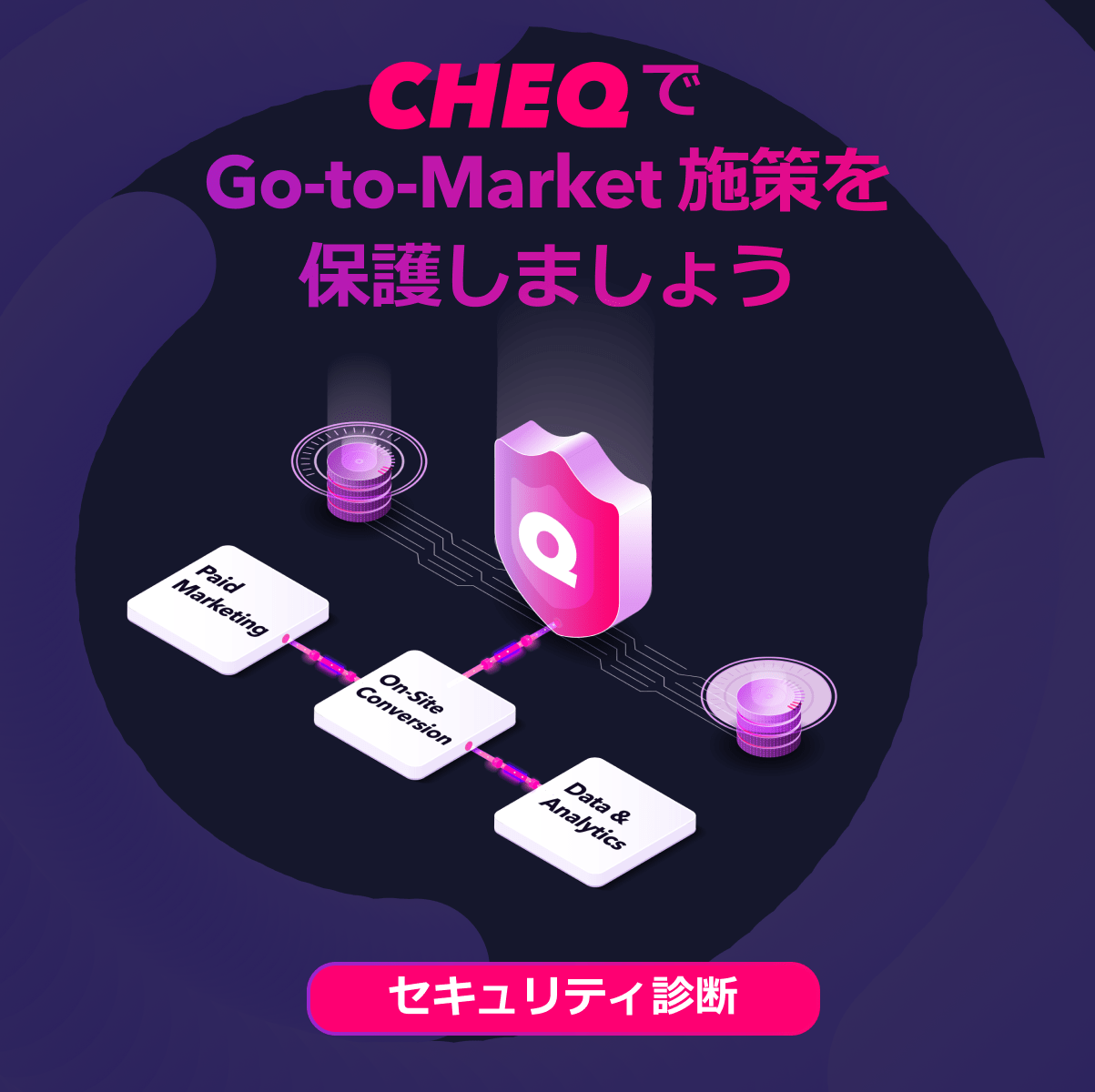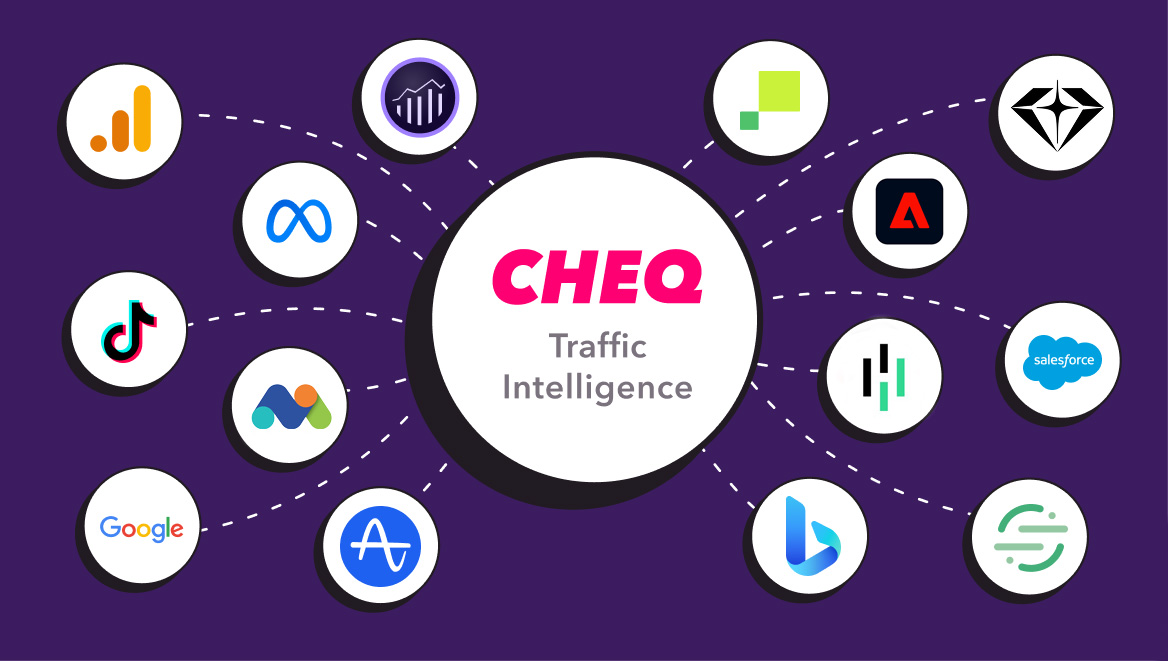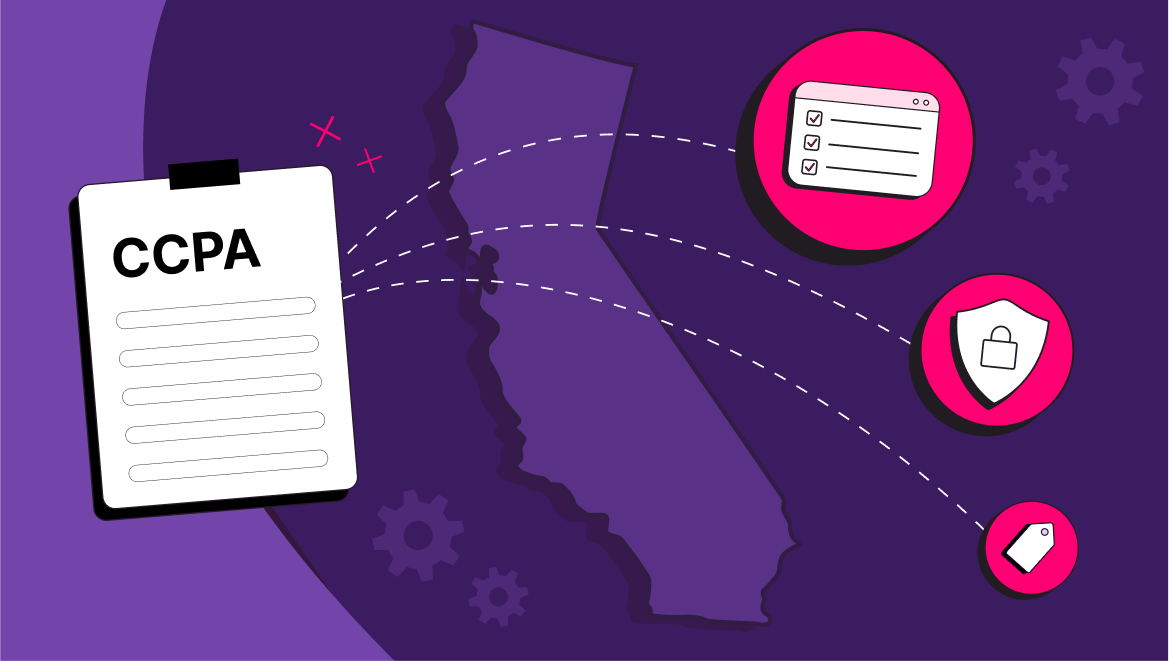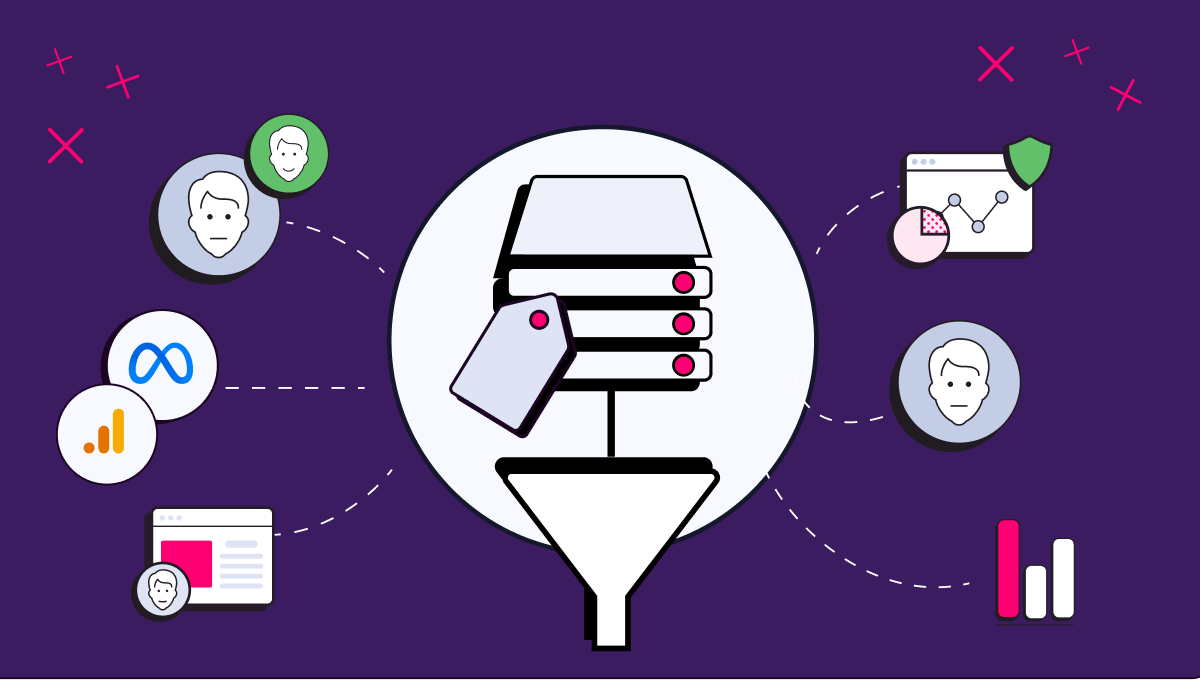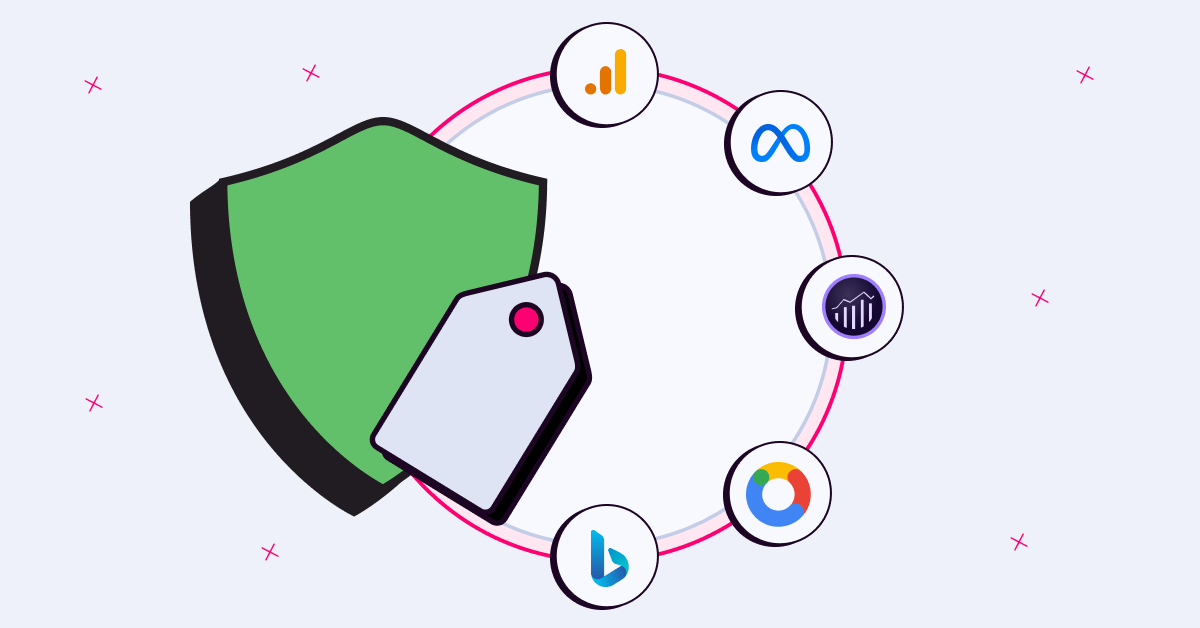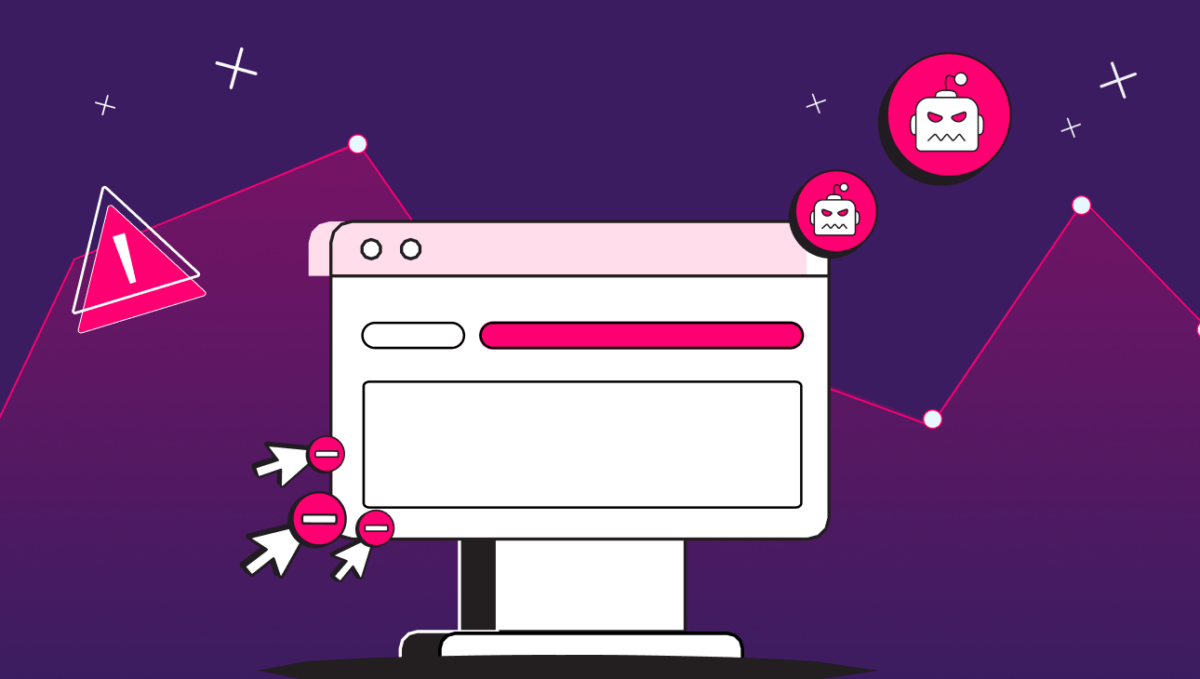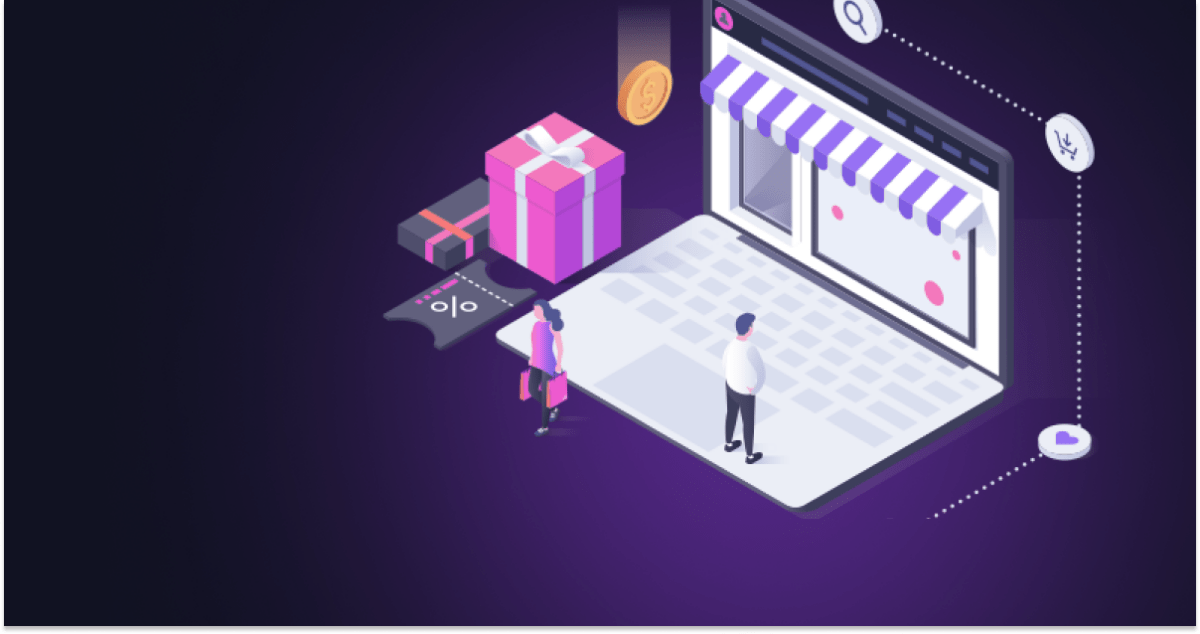How Does Website Security Affect Your SEO Rankings?
CHEQ
|Website Ops & Security | April 26, 2022
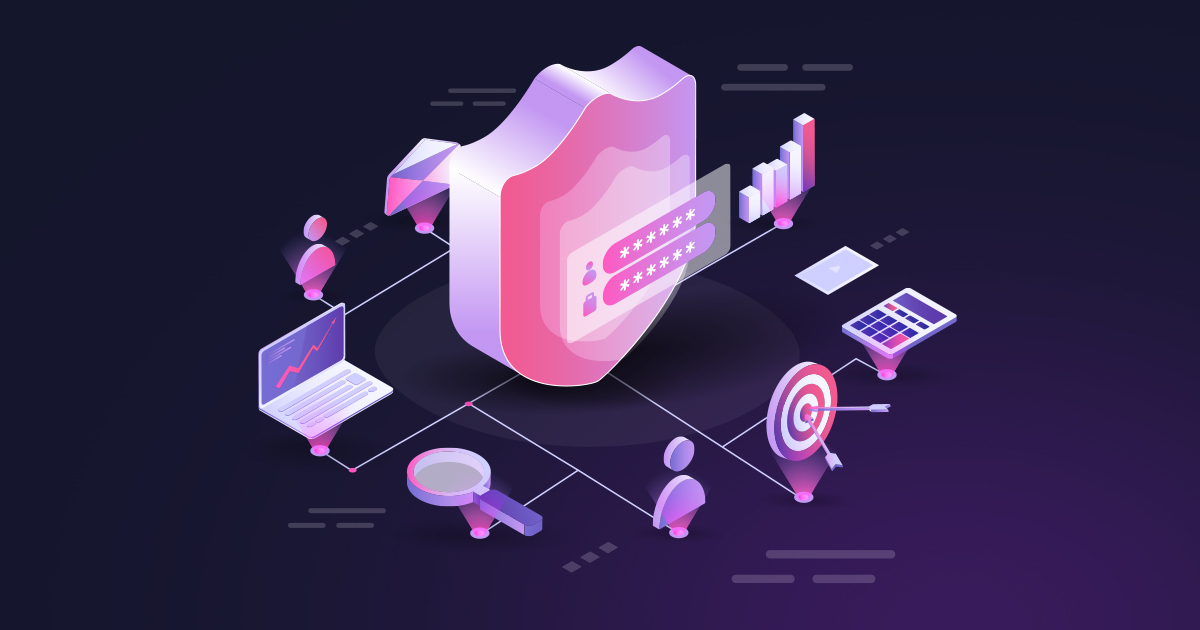
This is a guest post from Nick Chernets, CEO of DataforSEO.com
There are many ways to attract visitors to your website, from paid ads to social media efforts (such as LinkedIn lead generation strategy), but one of the most important factors that determine its success is the SEO ranking.
Google has over 200 factors that affect the ranking of websites on its search engine results pages, but not all of them are known to the public. This information is kept private to prevent website rankings with unfair practices and preserve the influence of users’ experience while surfing the web.
One of the factors that are certain to affect SEO is website security. Naturally, search engines want to ensure that their users are protected from security threats and privacy intrusions. However, since they can’t be directly involved in creating a secure website, they found a way – ranking secure websites higher in SERPs and motivating website owners to take action themselves.
Website security-related factors that affect SEO
Website owners and security experts have identified vital factors related to website security that directly impact SEO rankings. We are listing the most important of them in this article.
SSL certificate
SSL stands for Secure Sockets Layer and serves as a factor of safety that a website provides to its visitors. SSL certificate provides better encryption, ensuring the safest experience when surfing websites and better SERP placement.
It is hard to quantify the impact of an SSL certificate on a site’s SEO rankings, but HTTPS pages will have an advantage over other websites that are not as secure, so the benefits you’ll have will definitely outweigh the website development cost you will be facing.
Crawling errors
Crawl errors are issues that prevent search engine bots from accessing the content on your website and indexing your pages. Their main job is to check the website for security threats such as data theft, vulnerability issues, or domain mining. The inability to do so means that your users or Google cannot access either a specific URL or any of the pages on your website. Another problem could appear when your server takes too much time to respond, and Google’s request has timed out. This happens because the crawling bots dedicate only a certain amount of time to accessing your website before moving on.
Bots & Fake Users
Some bots operate similarly to search engine crawlers, but their purpose is to find specific information on your website, from content to prices. It is intuitive why this is bad for SEO. Bots steal your content and use it elsewhere, making it less unique, therefore lowering your SEO ranking. When another party is scraping your content and copying it to another website, your search rankings drop.
Fake users are lowering your rankings as well, although indirectly. Huge volumes of visits from fake users are skewing your SEO analytics, making it hard to make good decisions – that’s why you could waste a lot of resources and damage your rankings.
Blacklisting
Related to the point above – when bots are hacking your website, there is a high probability they are linking you to places that are not beneficial for you. This is a severe issue because search engines can recognize the content of your website and blacklist it. Even if you clean it up after this happens, getting back to your previous ranking won’t be easy.
Paying attention to the security of your website will help you protect against blacklisting.
Spamming-related penalties
Spamming in the context of website security usually means that hackers will add a bunch of content and links to your website, which will then redirect to pages that do not have any connection to your website. Spamming is one of the most common cyber issues that impact SEO, with over 60% of websites containing SEO spam. This behavior is against Google’s guidelines, so it seriously damages your SEO score.
Deleted content
Besides spamming, the content of your website can be deleted in malicious hacker attacks, which show as 404 pages. Having these kinds of pages is normal, but too many of them can seriously damage your SEO. And if you don’t have a backup, all of the content you have been creating will be gone forever, so you won’t be able to provide value to your visitors for a long time.
Downtime
Cyber attacks can limit visitors from accessing your website from several minutes to a couple of days. Besides the direct impact on sales, the inaccessibility of your website increases its bounce rate, which will downgrade your SEO ranking.
How to make your website more secure?
Install SSL certificate
Having an SSL certificate installed on your website will secure data on it, and the domain containing HTTPS will demonstrate security to both your visitors and search engines. Nowadays, SSL is a standard, so you should consider this when launching a new website.
An SSL certificate is an essential addition to your website because it makes your website encrypted, increasing the safety against hacker attacks and improving its SEO rankings.
Use strong passwords
Strong passwords serve as a first line of defense against hacker attacks that aim to access personal information stored on your website: the more robust your password, the more protected your website from hackers and malicious software.
Install security plugins
To prevent attacks on your website, consider installing security plugins. If you are using WordPress, having a security plugin installed on your site is especially easy. Then, simply edit your WP site to add plugins and protect it from future attacks.
Update your website regularly
Search engines are putting a high value on user experience, so producing fresh and timely content for your visitors should be your priority. Create a habit of updating the articles on your website and providing high-quality material that is beneficial for both your visitors and SEO ranking. You can use Google trends API to select the most relevant content for your audience.
Deploy Go-to-Market Security
Even when certificates, plugins, and other standard security measures are in place, bots and fake users can still interact with your website and marketing funnel. For this reason, many CMOs and business leaders have been adopting Go-to-Market Security (GTMSec). This cybersecurity technology prevents the Fake Web from infiltrating your funnel and causing inaccuracies and other security risks.
Conclusion
There are many factors that impact your SEO score, but adjusting them for the sake of rankings themselves shouldn’t be your primary goal. For any website, user experience should be a top priority, and security is an integral part of it. Today, search engines give top priority to website security. That’s why, when you take good care of the safety of your visitors, SEO rankings will naturally follow.
Want to protect your sites and ads from click fraud? Click here to Request a Demo.

